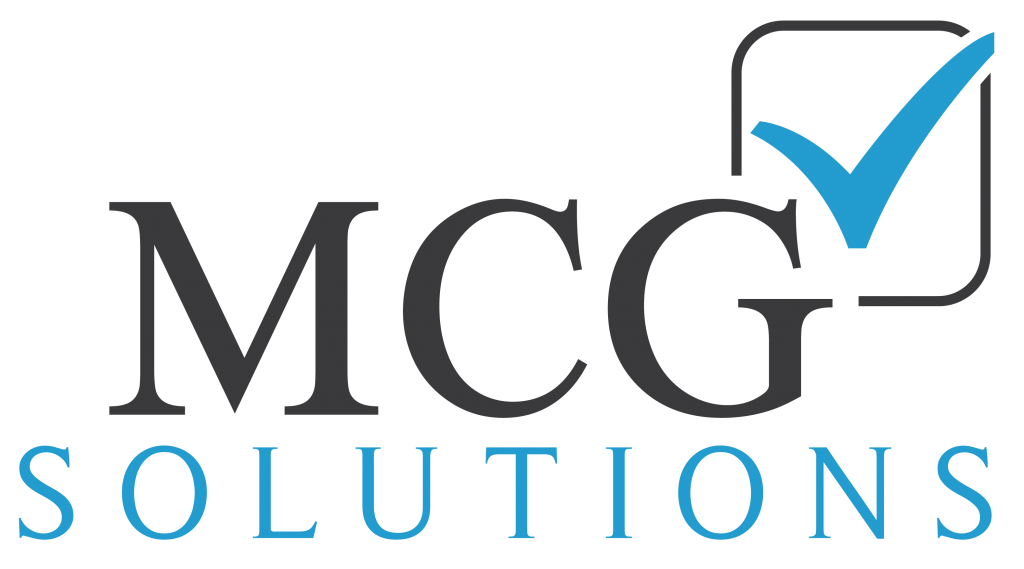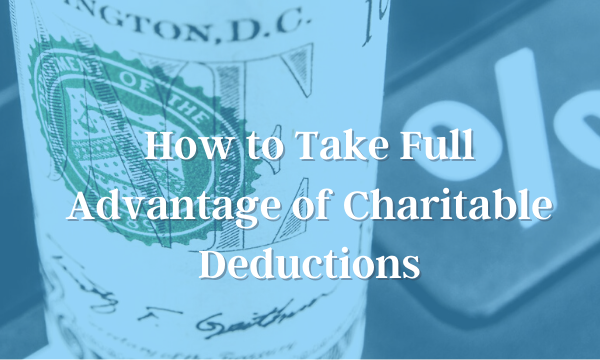One of the best strategies to employ to reduce your tax burden in a given year is to give money to nonprofit, charitable organizations. This both helps you to support good causes while also reducing your taxable income and allowing you to get deductions on your tax return.
However, there are ways beyond just giving a cash donation each year that can maximize the power of your gift and the tax benefits you can receive. Some of the best strategies to use for charitable giving for tax purposes include:
• Estate planning: You can name a charitable organization in your will or as a benefit of a qualified insurance policy, trust or retirement plan. This allows you to significantly reduce or even completely eliminate the potential for your heirs to have to deal with estate taxes. It also allows you to leave behind a legacy and support organizations you cared about.
• Appreciated assets: You can donate appreciated assets such as stocks, real estate or bonds. This helps you avoid paying capital gains taxes while also allowing you to take an income tax deduction for fair market value, up to 30 percent of your adjusted gross income. This is a much more beneficial way to donate than simply giving cash donations thanks to that avoidance of the capital gains taxes. This can also make it more impactful to the organization receiving the gift.
• Combining multi-year deductions: Most taxpayers will not qualify for the deductions needed to surpass the standard deduction. The Tax Cuts and Jobs Act of 2017 doubled the standard deduction, and now fewer than 25 percent of Americans itemize their taxes. However, you can use a “bunching” strategy to take multiple years’ worth of charitable giving and write it off in a single year to allow you to surpass the threshold for itemization, while taking the standard deduction in other years. If you regularly give money or assets to charitable organizations this may be a very beneficial and effective strategy.
• Donor-advised funds: Donor-advised funds are accounts specifically created for charitable giving. If you contribute to a charity that sponsors donor-advised fund programs, you will qualify for a tax deduction. After that you can recommend grants over time to any public charity that qualifies under the IRS rules and invest those funds for further growth, completely free of taxation. These funds are beneficial for planned giving, as well as for minimizing tax impact.
Want some more advice about how you can maximize the power (and minimize the tax impact) of your charitable giving this year? Contact us at MCG Solutions.

